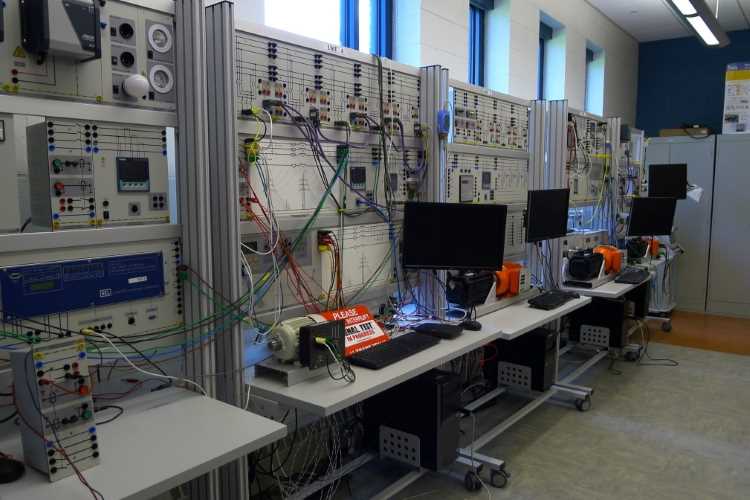
India and Sweden have announced a collaboration programme for research, development and innovation in the area of smart grids. The India-Sweden Collaborative Industrial Research & Development Programme, funded jointly by the department of science and technology and the Swedish Energy Agency, will help India tap Sweden’s expertise for its ambitious renewable energy plans.
The department of science and technology and the Swedish agency will spend $2.6 million each over four years in research and innovation. The project will focus on development of new products, processes and technologies as well as product adaptation.
READ: Indian economy: The spectre of coronavirus looming large
“The programme will ensure that the best of Swedish and Indian innovators can forge partnerships and develop solutions that will benefit both sides,” said Klas Molin, Ambassador of Sweden to India.
High-level visits from both sides have boosted the Sweden-India Science and Innovation Partnership in recent years. The first high-level dialogue on innovation policy was conducted in New Delhi during the India visit of the King and Queen of Sweden in December 2019.
READ: Global warming: Melting Antarctica ice reveals uncharted island
DST secretary Ashutosh Sharma and Swedish Energy Agency director general Robert Andrén represented their countries in the dialogue and signed the cooperation agreement. Investment in research and innovation are expected to boost the development of smart grid technologies. Sweden and India are adding another programme to their vibrant partnership development, said Sharma. Modern power infrastructures that facilitate use of increased amounts of renewable energy and the transformation into a hydrocarbon-free transport sector are two areas where the countries can collaborate, said Andrén.
Companies engaged in joint research and development projects can seek support from the funding mechanisms created by the DST and Swedish Energy Agency. The programme looks to support collaborative projects undertaken by companies, research organizations, academic institutions from both the countries.
